Closing Panel: Palestine Reimagined
This session will discuss pathways toward achieving equal citizenship and security, and how these can be pursued in a manner that addresses conditions described by human rights organizations, the International Court of Justice, and other international bodies as “apartheid.” The panel will consider how replicating existing power dynamics may be avoided, and whether a two-state solution is realistic. Panelists will also explore the viability of a binational one-state future with equal rights, and whether this vision is a serious prospect or no more than an aspirational goal.
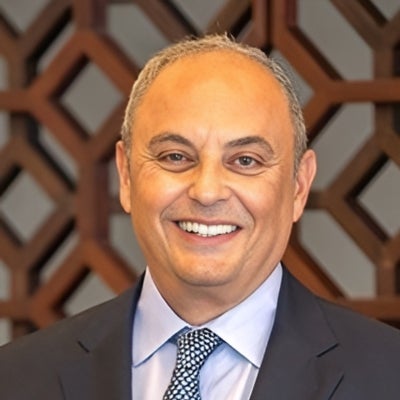
In Conversation with Dean Safwan M. Masri
Safwan M. Masri is the Dean of Georgetown University in Qatar and a Distinguished Professor of the Practice at Georgetown’s Walsh School of Foreign Service. Prior to joining Georgetown in October 2022, Professor Masri was Executive Vice President for Global Centers and Global Development at Columbia University, and a Senior Research Scholar at Columbia’s School of International and Public Affairs. Prior to that, Dean Masri was a professor at Columbia Business School, where he also served as Vice Dean. He previously taught engineering at Stanford University and was a visiting professor at INSEAD (Institut Européen d’Administration des Affaires) in France. Dean Masri is the author of Tunisia: An Arab Anomaly (2017). He is a lifetime member of the Council on Foreign Relations and an honorary fellow of the Foreign Policy Association. Dean Masri led the establishment of King’s Academy and Queen Rania Teacher Academy in Jordan. He is a trustee of International College in Beirut and serves as a director of AMIDEAST and of Endeavor Jordan.
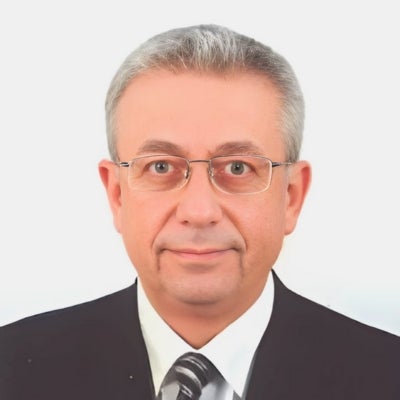
Mustafa Barghouti
Mustafa Barghouti has held the positions of Member of the Palestinian parliament; 2005 presidential candidate; General Secretary of the Palestinian National Initiative; former Minister of Information under the first National Unity Government in Palestinian history; physician; social, political, human rights and peace activist; one of the most active grassroots leaders in Palestine; campaigner for the development of Palestinian civil society and grassroots democracy; outspoken advocate of internal reform; international spokesperson for the Palestinian cause; leading figure in the non-violent, peaceful struggle against the Occupation; and organizer of international solidarity presence in the Palestine, Mustafa Barghouthi has made an extraordinary contribution to initiatives to peacefully challenge the ongoing Israeli Occupation of Palestine and bring it to end, as well as efforts to build the institutional framework of Palestinian civil society and promote the principles of internal democracy and good governance. He writes extensively for local and international audiences on civil society and democracy issues and the political situation in Palestine, as well as on health development policy in Palestine. He ran in the presidential elections of January 2005 as a Palestinian National Initiative (PNI) candidate, on an anti-corruption and pro-democracy platform. He achieved second place behind Mahmoud Abbas, with almost one third of total votes. He also headed the “Independent Palestine” Coalition that ran in legislative elections in January 2006, in which he secured a seat in the Palestinian parliament. In 1979, he was among the founders of a voluntary, non-governmental and non-profit medical relief movement, the Palestinian Medical Relief Society (PMRS). In 2002, he co-founded the Palestinian National Initiative (PNI, or ‘Al Mubadara’; in English), along with Dr. Edward Said, Dr. Haider Abdel-Shafi, and Mr. Ibrahim Dakak, and currently serves as its General Secretary.
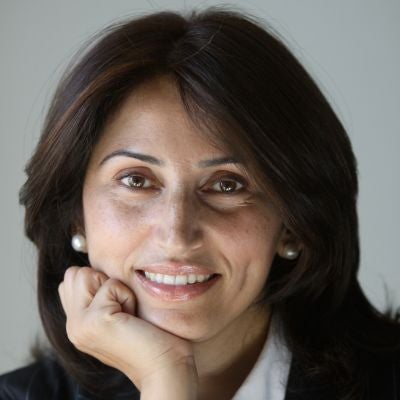
Diana Buttu
Diana Buttu is an expert in international human rights law. She was the former legal advisor to the Palestinian negotiating team and part of the team that assisted in the successful litigation of the illegality of the separation wall before the International Court of Justice.
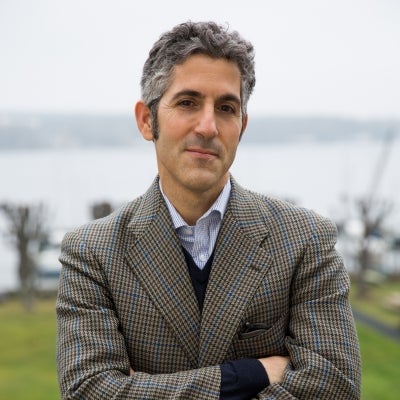
Ussama Makdisi
Ussama Makdisi is Professor of History and Chancellor’s Chair at the University of California Berkeley. He was previously a Professor of History and the first holder of the Arab-American Educational Foundation Chair of Arab Studies at Rice University in Houston. In 2012-2013, he was an invited Resident Fellow at the Wissenschaftskolleg zu Berlin (Institute for Advanced Study, Berlin). The Carnegie Corporation named Makdisi a 2009 Carnegie Scholar as part of its effort to promote original scholarship regarding Muslim societies and communities, both in the United States and abroad. Makdisi was awarded the Berlin Prize by the American Academy of Berlin. His most recent book Age of Coexistence: The Ecumenical Frame and the Making of the Modern Arab World was published in 2019 by the University of California Press. He is also the author of Faith Misplaced: the Broken Promise of U.S.-Arab Relations, 1820-2001 (Public Affairs, 2010). His previous books include Artillery of Heaven: American Missionaries and the Failed Conversion of the Middle East (Cornell University Press, 2008), which was the winner of the 2008 Albert Hourani Book Award from the Middle East Studies Association, the 2009 John Hope Franklin Prize of the American Studies Association, and a co-winner of the 2009 British-Kuwait Friendship Society Book Prize given by the British Society for Middle Eastern Studies. He is also the author of The Culture of Sectarianism: Community, History, and Violence in Nineteenth-Century Ottoman Lebanon (University of California Press, 2000). Makdisi co-hosts a new podcast called Makdisi Street.
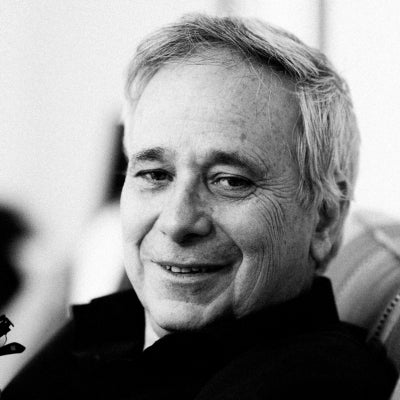
Ilan Pappe
Ilan Pappe is the Professor of History and Director of the European Centre for Palestine Studies at the University of Exeter, Exeter, England. He founded and directed the Academic Institute for Peace in Givat Haviva, Israel between 1992 to 2000 and was the Chair of the Emil Tuma Institute for Palestine Studies in Haifa between 2000 and 2006. He was a senior lecturer in the department of Middle Eastern History and the Department of Political Science in Haifa University, Israel between 1984 and 2006. He was appointed as chair in the department of History in the Cornwall Campus, 2007-2009 and became a fellow of the IAIS in 2010. His research focuses on the modern Middle East and in particular the history of Israel and Palestine. He has also written on multiculturalism, Critical Discourse Analysis and on Power and Knowledge in general.
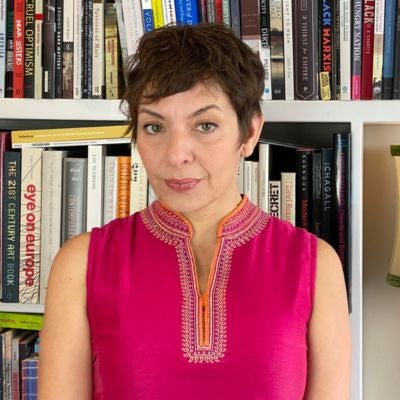
Sherene Seikaly
Sherene Seikaly is an Associate Professor of History at the University of California, Santa Barbara. Her book Men of Capital: Scarcity and Economy in Mandate Palestine (Stanford University Press, 2016) explores economy, territory, the home, and the body. Her forthcoming book, From Baltimore to Beirut: On the Question of Palestine tells a global history of capital, slavery, and dispossession. She is the Editor of Journal of Palestine Studies, Director of the Center for Middle Eastern Studies at UCSB, co-editor of the Stanford Studies Middle Eastern and Islamic Societies and Cultures Series, and co-editor of Jadaliyya.